According to Irina, although social entrepreneurs are not bringing substantial growth to investors – and they’re not expecting this – their impact is not to be taken lightly.
Find out more about the trends in social entrepreneurship to watch in 2023, the development of the local ecosystem and some programs with focus on education that the team at Impact Hub Bucharest is preparing for this year from our discussion with Irina Ghidarcea, Program Manager Social Innovation at Impact Hub Bucharest.
Two trends in social entrepreneurship to watch in 2023: what do you think that businesses should focus on this year? What social startups should focus on in 2023?
People – especially after the pandemic, more and more people are interested in living a more meaningful life and contributing to doing good. Social businesses should focus on how to leverage this trend and attract top talent. Scaling – stop thinking small and design from the start businesses that are easily scalable, even though you might not have all resources yet in place.
What elements should social impact startup founders focus on to attract financing in 2023?
In previous events we discussed with impact investors and one thing that came up often was that impact startups don’t get a preferential treatment just because they claim social impact, they need to be able to measure it and deliver on it, while maintain the financial viability of their venture.
Is it possible that despite the macroeconomic situation worldwide 2023 could be a very good year for social entrepreneurship to attract funding? Does it become easier for social startups to get the attention of investors?
There are now more alternative options such as AFIN, which is a good sign, but impact startups will not have an easy task in attracting funding from investors. As in any other vertical, business model and traction are crucial and influence the investment decision.
Subsectors that we see do get a lot of attention are edtech, startups addressing topics such as diversity and inclusion.
Social entrepreneurship and founders: a comparison between the Romanian ecosystem and the European one.
Romanian founders used to focus primarily on local challenges and their scaling potential was limited by this, but in the past years we saw an increase in global approaches. Kinderpedia is such an example, we met them back in 2019, when they had the edtech solution, but they were looking for ways to increase their social impact. They were able to do just that during the Innovators for Children accelerator and now they are a leading example in internationalizing their business, with presence in 17 countries.
How do you see the development of the local ecosystem of social entrepreneurship based on the past editions of the programs you’ve organized at Impact Hub Bucharest?
Impact Hub Bucharest is one of the pioneers of this field in Romania, we are active in developing it from 2010. Looking back at these 13 years we worked with hundreds of organizations on developing business models around their impact mission and we will continue to do so.
It’s not a vertical that you will see very often making the headlines or communicating 10x growth results, but the impact of social entrepreneurs is not to be taken lightly, they often choose to address topics otherwise overlooked by others.
What programs for social entrepreneurs are you planning for this year and what are your expectations?
We are planning to launch the 5th edition of the Innovators for Children accelerator for startups and NGOs that develop tech products/ services that improve the education and health of children. We aim to support up to 15 entrepreneurs to develop and launch their businesses by creating a fast-paced learning experience for them and connecting them to future clients, partners or investors.
Additionally, we have an ongoing learning opportunity for social entrepreneurs: the Sustainable Social Businesses Guided Course launched last year on Startarium, a complex and free educational course, dedicated to entrepreneurs who strive to equally create impact and be financially sustainable.
 Oana Coșman
Oana Coșman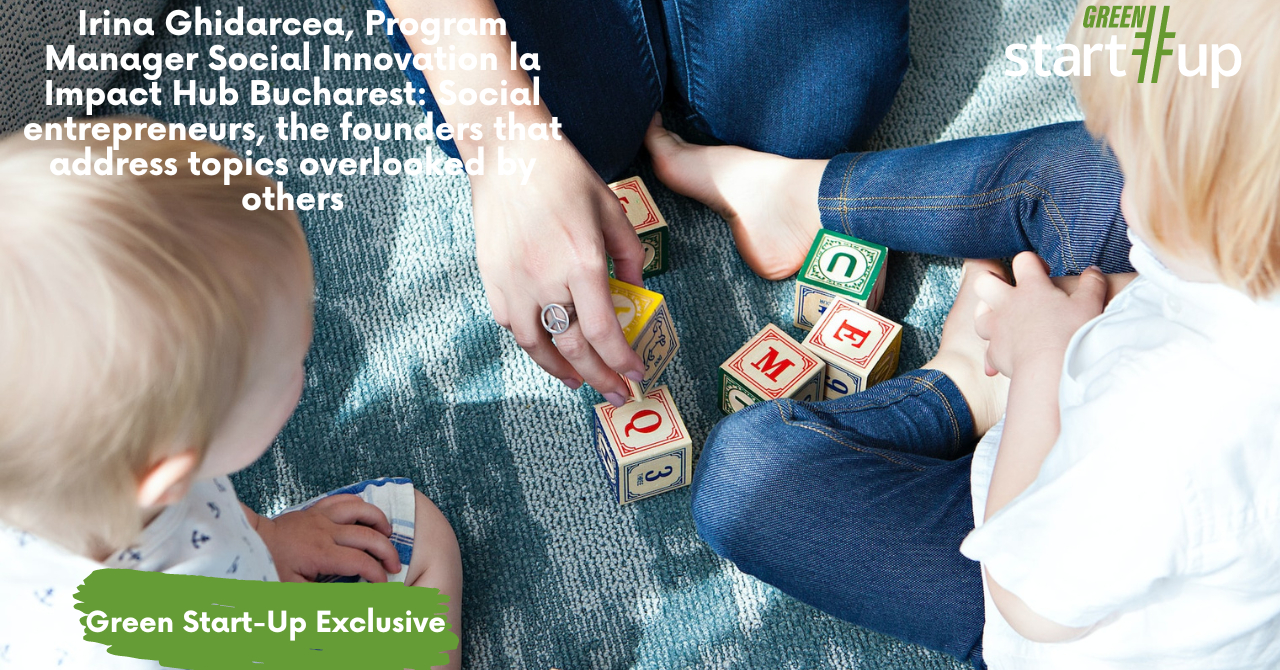

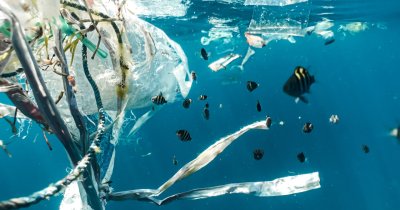

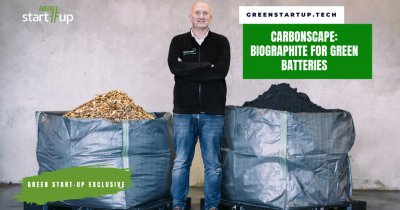
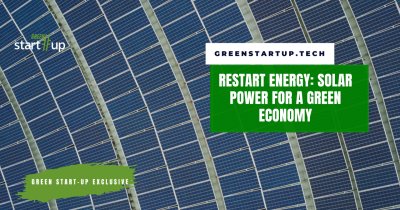
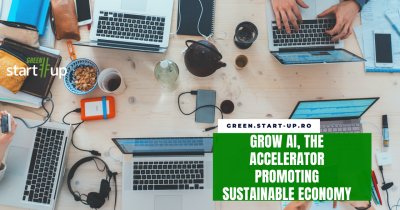
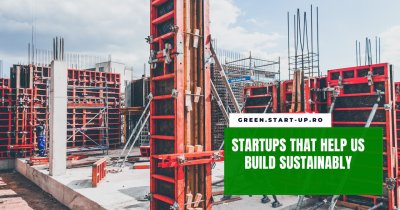



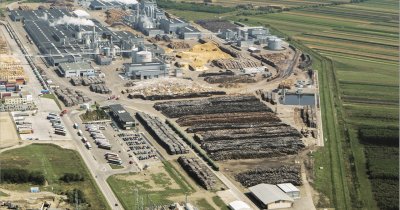

Any thoughts?